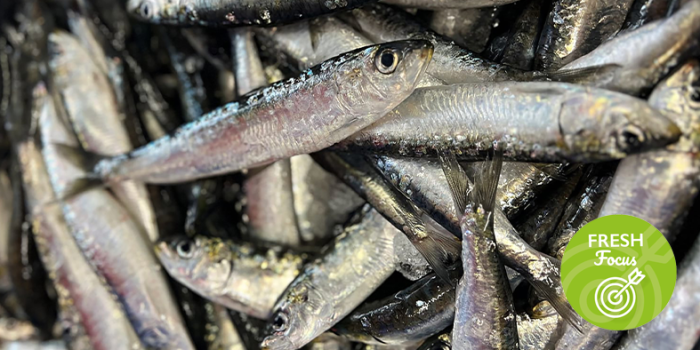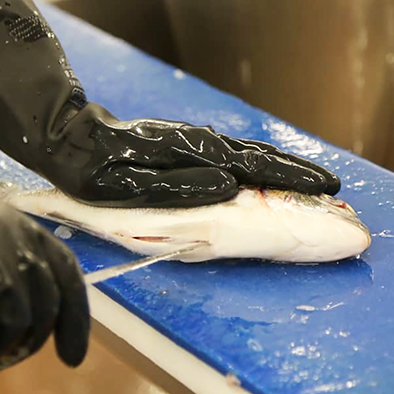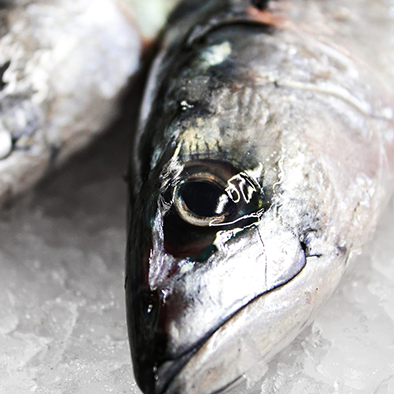We understand that for chefs the assurance of quality and safety in every product is imperative. Amidst bustling kitchens, one practice stands out as the key to maintaining the highest standards – stock rotation. This systematic approach to organising and utilising inventory plays a pivotal role in the fresh fish and seafood industry, shaping the essence of each succulent dish.
Much like in the meat and produce sectors, stock rotation in the fresh fish and seafood industry follows the same first in, first out (FIFO) principle, but here, the stakes are even higher due to the delicate and highly perishable nature of seafood. This principle becomes not just a logistical guideline, but a critical measure in preserving the flavour and integrity of the seafood supply chain.

Preserving Oceanic Essence:
Freshness is the heart of the exceptional seafood dishes our customers create. Stock rotation ensures that the oldest catches are utilised first, preserving the unique flavours and textures of each piece of seafood. For chefs, this means delivering dishes that not only tantalise the palate, but also showcase an essence that only fresh seafood can provide.
Mitigating the Risk of Deterioration:
Being highly perishable, seafood is prone to rapid deterioration. Effective stock rotation minimises the risk of serving compromised seafood, upholding the highest standards of food safety. This is crucial in the hospitality and food service industries, where maintaining freshness is paramount.
Adhering to Stringent Food Safety Standards:
Stringent food safety standards are non-negotiable when handling food. Stock rotation becomes a key component in ensuring compliance with regulations, guaranteeing that only the freshest and safest seafood reaches the consumer’s plate.
Optimising Inventory Management:
Efficient stock rotation allows the optimisation of inventory. By managing stock flow effectively, businesses can minimise excess inventory, prevent over ordering, and maintain a streamlined and cost-efficient operation.
Minimising Waste and Maximising Sustainability:
Seafood is a precious resource, and effective stock rotation helps minimise waste. By using older catches first, the food industry can contribute to sustainability efforts and reduce the environmental impact associated with excess waste.


Chefs who master the art of stock rotation not only safeguard the quality and safety of their products, but also contribute to a sustainable and responsible seafood supply chain. By continuing to refine and perfect stock rotation, it ensures that each seafood masterpiece is a testament to the highest standards of freshness and quality.
We often assist our customers in training and product knowledge therefore we offer our customers locally-based training at each of our fishmonger businesses. All courses are free to Direct Seafoods customers, just contact your account manager to discuss! Alternatively, for more information go to: https://www.directseafoods.co.uk/fish-and-seafood/chefs-skills-training/
Our team are on hand to support you and discuss your requirements in order to provide the best fresh ingredients for your dishes.
Follow us on social media for regular updates on Instagram, LinkedIn, Twitter and Facebook



